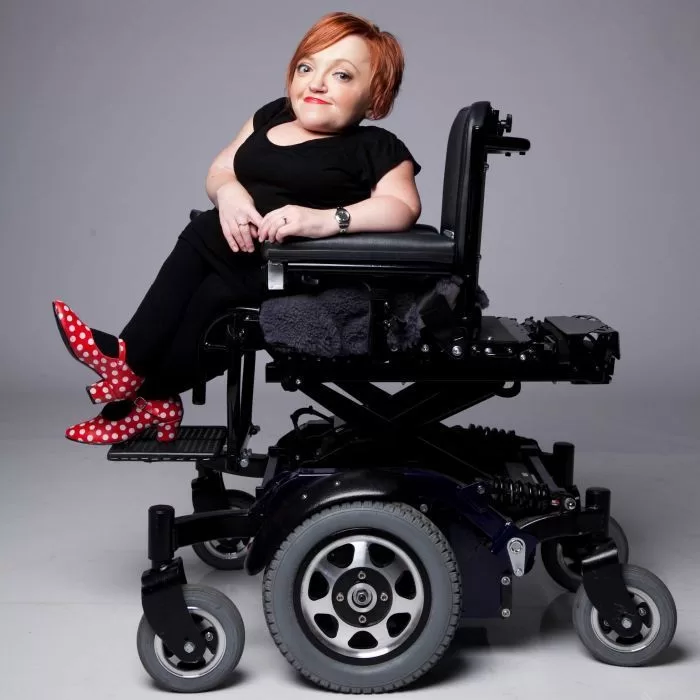Updated on August 20, 2024

Not every human’s mental capacity is the same. Some people’s intellectual abilities are lower than that of an average person. This means lower cognitive and adaptive ability levels, which disrupts their ability to live like every normal person does.
Having an intellectual disability means having a developmental disorder that leads to limited mental ability. This is a disruption of abilities needed for everyday living, and it affects learning and everyday skills. Most times, it starts from birth/childhood and spans through adulthood.
Causes of Intellectual Disability
Intellectual disability can be caused by some factors which usually start with meddling with the development of the brain causing brain malformation. Some of the known causes of Intellectual Disabilities are:
Genetics: Intellectual disability can be linked to genetic mutations such as Fragile X syndrome, Down syndrome, or Prader-Willi Syndrome.
Illnesses: Sometimes, intellectual disability emerges after diseases like whooping cough, measles, or meningitis spread to the nervous system. It can also be caused by seizures or head trauma.
Pregnancy complications: This is when the proper development of a child is affected by malnutrition, drugs, alcohol, and infections during pregnancy.
Childbirth complications: During birth, lack of adequate oxygen for the child as well as premature birth are known to sometimes cause Intellectual Disability.
Other causes include exposure to toxic materials like lead, injuries affecting the brain, tumors or growths in the brain, and so on.
How can you support someone with Intellectual Disability?
People with intellectual disabilities are humans too, but in some ways, they may need some form of help or support that may or may not be slightly different from how everyone else is treated. If you would like to show support to someone with intellectual disability, here are a few things to do:
- Help them feel at ease
Start with a smile when you want to relate with them. Exude positive energy they can connect with. Don’t try to treat them differently or with pity. Say nice things to them to boost their confidence.
This is because some of them may struggle with self-esteem issues. Showing that you understand and care about them would help them connect with you easily.
- Give them time
It might be hard for them to catch up on learning, communication, or expression, as they tend to do things at a slower pace. You would therefore need to patiently allow them to listen, understand, articulate their thoughts properly, and respond appropriately. This means you should not rush them into responding.
- Encourage them to be Independent
If you would like to help them, seek their permission and ask exactly what they need help with. Don’t assume that they will always have to be assisted. Instead, push them to be more independent by allowing them to make decisions for themselves.
You can also find opportunities that will allow them to learn social skills and relate with people unhindered.
- Make your findings
Make an effort to keep yourself informed about intellectual disability. You can do this by connecting with others who are in the same position as you are, or those who have training or speciality in caring for people with intellectual disability.
This way, you can avoid getting overwhelmed, get help, have those you can share experiences with, and learn from.
People should not be defined or treated based on their intellectual disabilities. By following these steps, you will be providing them with the necessary support and helping them live better lives.
>> Watch this interesting awareness campaign about Down Syndrome.
- Take care of yourself
Remember, when you’re helping someone with an intellectual disability, it’s crucial to look after yourself too. If you don’t take care of your own needs and health, you won’t be able to help them properly. So, remember to exercise, eat well, and give yourself some extra time.
This advice is especially important for parents of children with developmental disabilities. It’s natural to want to focus all your attention on your child’s needs, but if you ignore your well-being, your mental health could suffer. Don’t hesitate to ask for support when you need it.
Treatment/Management of Intellectual Disability
Intellectual Disability has no cure, but there are ways in which the condition can be managed. These are some management options to consider.
Educational support: This can either be in the form of creating a personalized education plan for the individual or educating the family about the condition and how well to manage it.
Medications: Different medications are useful for treatment. These medications are not for curing the condition, however, they are effective for managing the symptoms, which would go a long way in reducing the effects on individuals.
Community: Support groups and organizations that provide services to individuals with intellectual disability can be beneficial in helping to manage the condition more easily.
Looking for reliable and trustworthy care services?
At Centre Disability Support, we offer tailored support services for individuals with disabilities throughout Australia. We offer housing options in Logan, Ipswich and Brisbane areas, where we provide independent supported living or assist individuals in finding suitable options for individualised living.
Additionally, we provide day-to-day support for individuals with mental health issues, complex behaviour and other types of disabilities. We also have support coordinators available to assist with planning, navigating NDIS plans, and offering casework support.
Whether you’re seeking support for yourself, or a loved one, or simply wish to learn more about our services, we’re here to help.
RELATED
How to Support Someone with ADHD
How to Support Someone with Schizophrenia
What is Active Support in Disability?
What is Personal Support for People with Disabilities?
How to Support Someone with Autism




